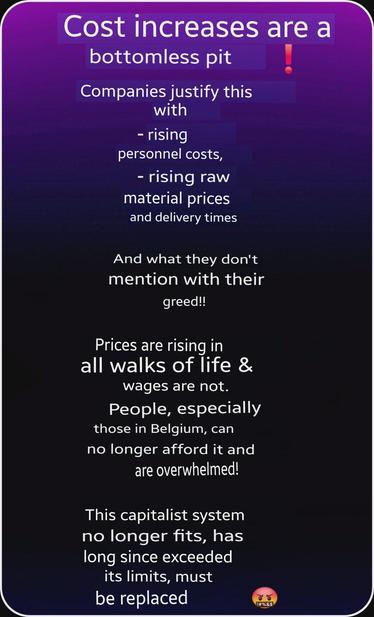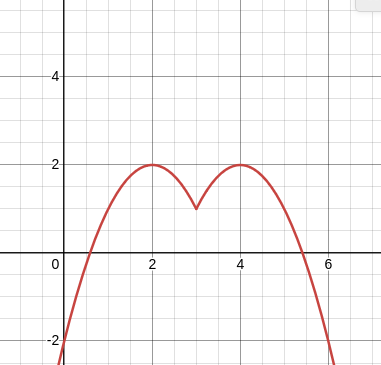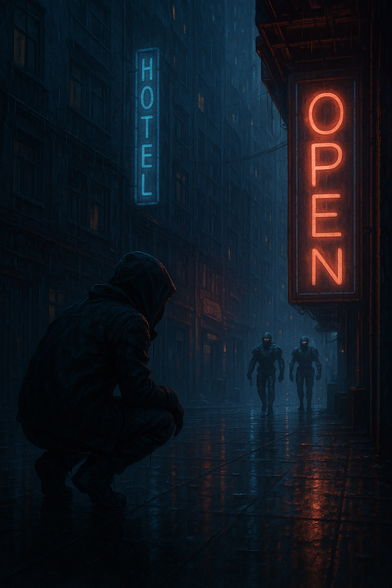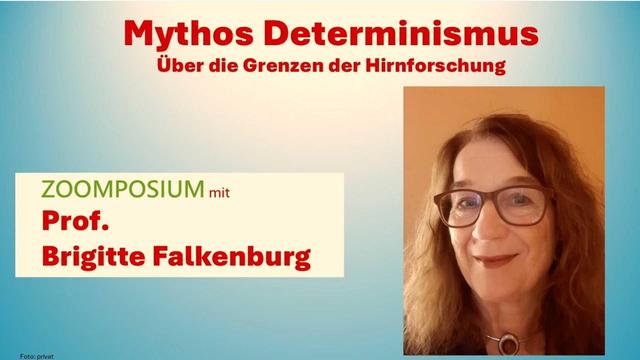The crushing banality of AI-play
I just went down a post-work rabbit hole of turning my favourite modernist poetry into pop punk and melodic hardcore songs using Suno, which has improved dramatically since I last used it around a year ago. I suspect that much of the musical slop I wrote about here was just produced through a single-round of prompting using Suno or a similar system.
I was briefly deeply amused with what I was doing. I then happened to glance at this picture of Eliot, felt I made eye contact and was suddenly struck by the crushing banality of what I was doing. Bringing fleeting amusement by debasing a poem I truly love and which in a real sense got me through the most difficult period of my life. I felt a sense of shame and then a parallel frustration with the cultural logic of the circumstances in which this occurred to me as a way to spend my time.
My discomfort wasn’t with the tool itself. I can see how there could be a value in Suno, including in simply playing with it an open-ended way. My discomfort was with how quickly my own play, amusing myself and trying to understand how it worked, descended into a kind of exercise which treated the poetry as interchageable raw material. It led me to relate to a poem I loved as just content to be toyed with, as a question that was initially interesting (“I wonder what Eliot would sound like as a melodic hardcore track”) rapidly became an exercise in pumping out effortlessly produced material for no discernible reason.
Limits serve a purpose. Limits provoke desire, as Lacan would spend his life arguing. Limits make us who we are, as Fichte argued. There’s something in the radical removal of limits on creative production which, combined with the triviality which the platform economy incentivises, threatens to swamp the human spirit in a crushing banality from which we might never recover.
It’s the fact I was doing it to this poem which felt shameful to me, as the finest reflection on the nature of limits I’ve ever encountered:
What we call the beginning is often the end
And to make and end is to make a beginning.
The end is where we start from. And every phrase
And sentence that is right (where every word is at home,
Taking its place to support the others,
The word neither diffident nor ostentatious,
An easy commerce of the old and the new,
The common word exact without vulgarity,
The formal word precise but not pedantic,
The complete consort dancing together)
Every phrase and every sentence is an end and a beginning,
Every poem an epitaph.– T S Eliot, Little Gidding
Words strain,
Crack and sometimes break, under the burden,
Under the tension, slip, slide, perish,
Decay with imprecision, will not stay in place,
Will not stay still. Shrieking voices
Scolding, mocking, or merely chattering,
Always assail them.– T S Eliot, Burnt Norton
I think I just experienced the LLM grotesque for the first time. Is this how many AI critics continually feel when presented with most/all of the uses of LLMs? If so I get why they embody their position in the way they do more than I previously did.
(It also makes me understand why the temptation to autocomplete my AI and writing book led to a collapse in motivation which led me to eventually abandon the book)
#AICriticism #eliot #fichte #Lacan #limits #LLMGrotesque #poetry #Suno







